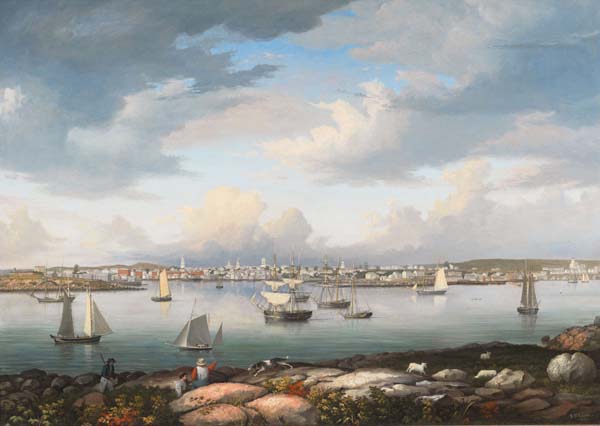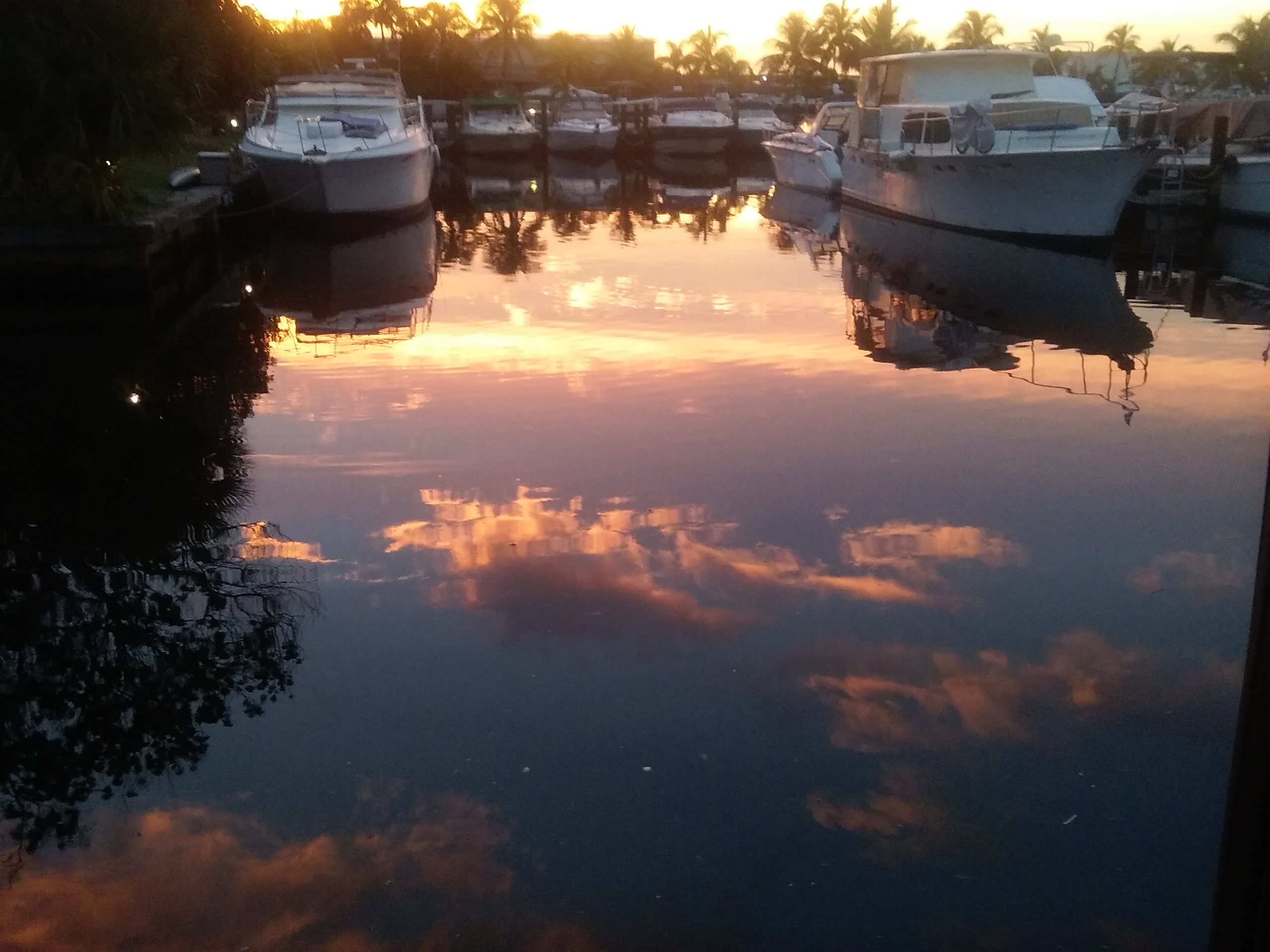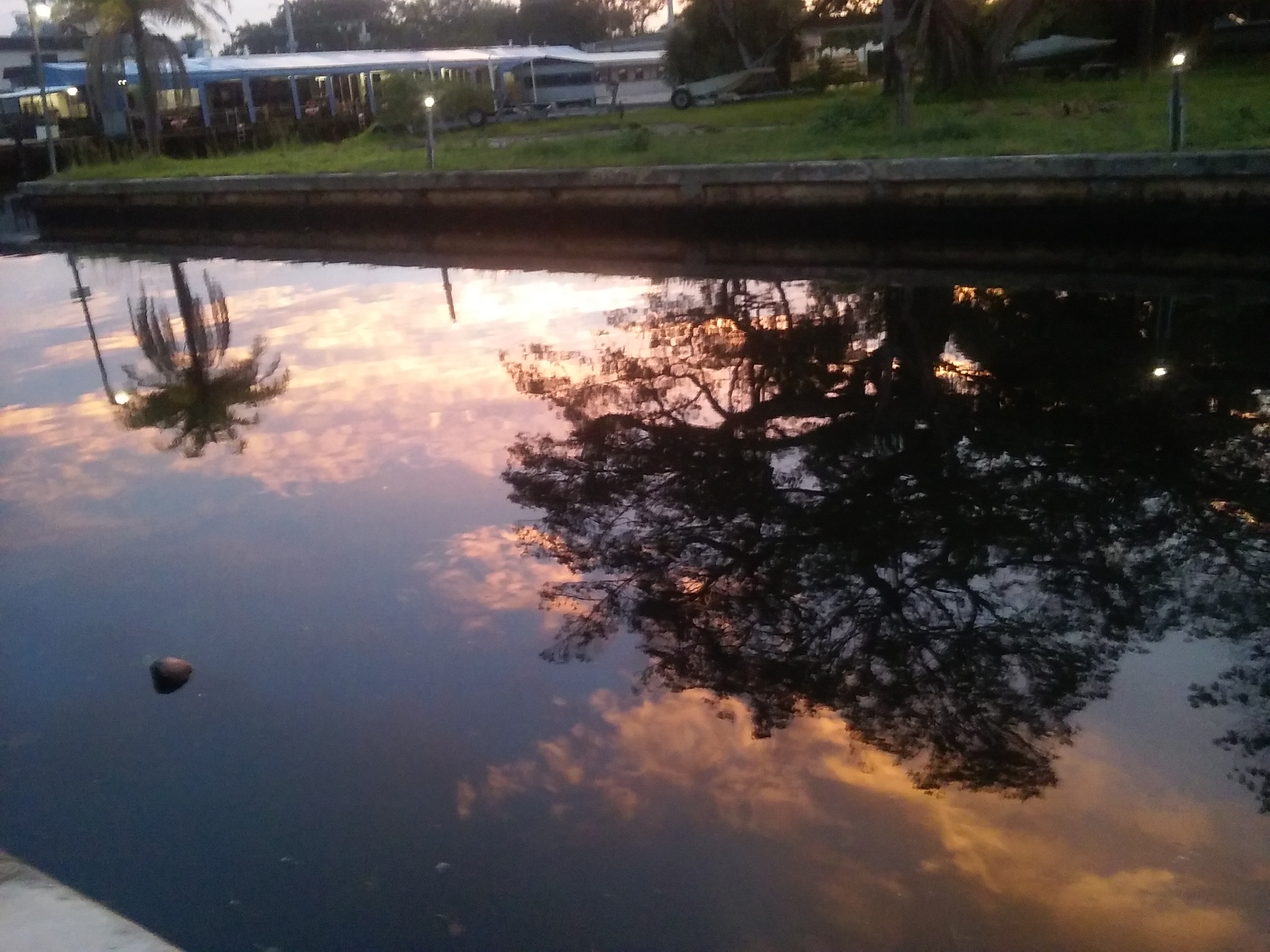Andrew sets the tone in his author’s note at the beginning of the book – ‘The short stories contained herein are a mixture of fiction and nonfiction. My hitching adventures are true, as are the ones about three women who had a profound effect on my life: Ellen, Maryanne, and Joanie. I can attest to the story entitled Treasure being factual because I was there. There are three historical pieces, Belinda Mulrooney, Massacre, and Turkey Shoot, that are based on facts. The Danny narratives are also true, but written from a perspective different from mine. However, Dead and Wise Guy are pure fiction. The fiction stories are a jumble of genres.
Tag: Kindle Books
An email to Close Friends
 Hey guys. What’s happening?
Hey guys. What’s happening?
What? You wanna know what I’ve been up to?
I’ve been just sittin’ here … trying to kill myself.
No … no. Don’t get crazy on me.
I’m doing it slowly. It’s more fun that way.
I’ve been trying all my life … to end my life.
I mean, I threw myself into situations that would have got any decent guy killed.
But, me? No fucking way. The bullets just passed me by.
Then I thought drugs would do it. No fucking way, again. After thirty years of that shit, I found myself still here, I said to no one in particular, “What the fuck? Can’t a guy get break. I did OD a few times and spent days in a coma, but I still bounced back. Damn it!
So I left drugs behind.
Now I’m trying alcohol. My liver’s gotta admit defeat at some point.
So enough about me. What have you guys been up to?
Just Saw This Advertisement
I have only one thing to say ... and that is STOP!!! Stop writing. If you are as bad as what is pictured above, please, please stop. Shut off your computer and get a book or two or three. Start reading. Get a little Steinbeck or a little London into your soul. If you don't know the difference between righting and writing, take a break and read a goddamn book!!! Because ain't no cockamamie program is gonna help ya.
Ellis
Something I'm working on:
Prologue
Long after the mighty sheets of ice known as glaciers retreated back from whence they came, leaving the primeval stone of the island both smooth and scarred, the first of the Dorchester men landed at Half Moon Bay.
They did not last long. The land was not suited for farming. The dense forest precluded clearing land before winter descended upon them. And even if they had cleared the land, inches under the soil lay the pervasive granite that was the island.
Three years later, the men of Dorchester abandoned their short-lived colony and fled to nearby Naumkeag, which in later times would be known as Salem. However, within two generations, men were once again living on the island they came to call Gloucester. They named their county Essex after the Earl of Essex and they called themselves Gloucestermen. They were tried and true Englishmen.
In 1614, another Englishman by the name of John Smith, subsequent to his encounter with Pocahontas and while exploring the land he had named New England, came upon the island. He named it Tragabigzanda after a Turkish princess. However, at the request of Prince Charles, Smith renamed the island Cape Ann after the prince’s mother, Anne of Denmark.
Rather than farm the land, the Gloucestermen farmed the trees of their island. They cleared great swaths of the forest for the building of sailing ships. They fished the bay for their sustenance, but did not venture far from shore. At least not in those days.
Years before Englishmen first set foot on the island that would one day be called Gloucester, the great schools of codfish of the George’s Bank were known to the fearless explorers sent out by Queen Elizabeth. The cod were so plentiful along the New England coast that the Mariner Bartholomew Gosnold changed the name of Cape Saint James—a sandy peninsula he had explored in 1600—to Cape Cod.
In 1680, the men of Gloucester “went down to the sea in ships” to fish for cod in earnest. At first they fished the George’s Bank, one hundred miles to the east. But in time, they made their way to the Grand Bank, one thousand miles from their home port.
By the early 18th century, it had become obvious that the ships they sailed were not ideal for fishing the numerous cod. The ships were slow and their holds could not contain enough salted fish to make the two-thousand-mile round-trip journey profitable.
In 1713, Captain Andrew Robinson designed and built a ship that had a larger hold for supplies and the multitude of fish he hoped to catch. Her sails were bigger and set higher to gather more wind. She was a two masted fore-and-aft rigged vessel. All the better to get to the banks faster and get home all the more quickly where the cod could be sold before the other ships returned, hence getting the best price possible.
As she was being launched, a spectator exclaimed, “See how she scoons!” At the time, scooning was the act of skipping a flat rock upon the water.
In response, Captain Robinson shouted, “A schooner let her be!”
His schooner was an improvement over the fishing ships of the day and it was widely copied both here in America and in Europe. But it did have one flaw—it was top heavy. Between 1866 and 1890, three hundred and eighty schooners were lost at sea, taking 2,450 men to their watery graves. In one day, August 24, 1873, nine vessels, carrying one hundred and twenty-eight men, were lost over the Grand Banks.
In 1882, in a published article in the Cape Ann Weekly Advertiser, Captain Joseph Collins asked the rhetorical question, “When will the slaughter cease?”
Still the men of Gloucester went down to the sea in ships.
It was not until 1902, when Captain William Thomas commissioned a ship with a short deep hull and a rockered keel for stability, that fishing the Grand Banks became somewhat safer. The design was copied and used in the construction of fishing schooners until the days of sail were no longer.
Still the men of Gloucester went down to the sea in ships, but now their ships held no sails.
From this tradition—from this fearless and audacious heritage—came forth a man who would be the embodiment of the Gloucester fisherman.
Chapter One
The year was 1949. The boy was out of bed and getting dressed, even though the sun had not yet come up over in the East. It was summer, but there was a nip in the air.
This was the day. The day that the fourteen-year-old boy had looked forward to for weeks. He had saved the money he made from his paper route, delivering the Gloucester Times, to finance the adventure. He and his friend, Peter, had eagerly anticipated this day. For today, they were going to show the men how it was done.
Gloucester businesses were all about selling fish and outfitting fishermen. But it involved mostly codfish. However, there was another fish that preyed the vast underwater banks of the North American continental shelf. This fish was worthless in the eyes of the Gloucester fishermen. The average weight of the fish ran to nine hundred pounds. It could take hours to land one of the monsters. And for what? Its flesh was worthless. You would be lucky to get three cents a pound after all your trouble. But the boy was bound and determined to land a bluefin tuna that day.
The path down the hill that led to the Ipswich River was well known to the boy. He had traversed it many times. The darkness did not impede his progress. There was a slight fog, but it only added to the mystique of a magical day.
Peter was waiting for him at the river’s edge. “I’ve got the bait and the hooks we bought last night. Did you bring your father’s hand-line?” Without a word, the boy showed his right hand which held said object.
Silently, they climbed into the small skiff and shoved off. The boy sat at the bow with Peter aft. It was Peter’s boat, so he had the honor of pulling the starting cord on the ten-horsepower outboard engine. The engine caught on the third pull and he sat down to steer the little boat downriver.
Although it was still dark out, there was enough ambient light for the boys to make their way through the marshes.
Gloucester was coming to life. The occasional house they passed had its lights on. Soon the sun would drive out the darkness and they would have to share their world with others. But for the moment, they were the only two human beings extant on the planet.
The boy in the bow stared straight ahead and fidgeted with the hand-line. Peter knew not to speak when his friend was in deep thought.
The boy was thinking of the tuna he was setting out to kill. Did the tuna know he was coming? Did the tuna know this was to be its last day swimming in the cold waters of the North Atlantic?
The boy weighed ninety pounds. The tuna he was out to catch—with a hand-line nonetheless—might weigh a thousand pounds or more. It was just as likely that the tuna would pull the boy out of the skiff and drag him to the bottom of a very cold ocean and to his death. The boy figured it would be an even match. Let the best species win.
After an hour, they came to the mouth of the river and entered Ipswich Bay. They were headed for open sea. The bay was calm which meant the ocean would not be too bad. By now the sun had risen; its rays glistened on, and reflected off, the water. The boy raised his hand to shield his eyes from the brilliance as the small engine pushed him toward his destiny.
In due time, they were ten miles off the coast. It was time to fish.
They’d only enough money between them to buy three mackerel, so they would have to husband their bait and hope that a tuna did not snatch it and make off with it, leaving an empty hook. They had only three shots at the prize.
The boy baited the line as Peter looked on. This was the boy’s show. Peter was only there to document the struggle and declare a winner … whoever that may be.
The Atlantic is a mighty big ocean, bigger still if you’re in a fourteen-foot boat. The expanse of nothingness that lies before you can be daunting to the most intrepid men of the sea.
The boy let out the line … slowly … three feet … ten feet … twenty feet … forty feet. When the line hit the sixty-foot mark, he put on his gloves and sat down to await his fate. Would he return still a boy? Or would he return a man, trailing a thousand-pound tuna in his wake?
The day wore on. There was very little conversation between the two friends. The sun continued on its journey across the blue sky. Time was running out. They were only boys, they had to be home before dark or people would worry. The star we call our sun showed no mercy on that day. Still it moved at an alarming rate across a clear sky.
Late in the afternoon, the line jerked. The boy instinctively knew it was a bluefin. Through his gloves he felt the line running out to sea. It was a good feeling. He waited … he waited until he was sure. Then he jerked back on the line. He was almost pulled from the boat.
He had set the hook.
Now it was a waiting game. Darkness was fast approaching, but no matter. The boy would not return to Gloucester until he had won the battle.
The great tuna took off to the north. The boy held fast to the line. An hour later, the tuna turned east. The boy held fast to the line. His shoulders were aching. The line was wrapped around his hands, and despite the gloves, it stopped the flow of blood to his fingers. They were numb. Still he held on to the monster.
He thought of the great fish below the surface, fighting for its life, and he felt a pang of guilt. Did he have the right to take this beautiful creature’s life? That was his moment of doubt. He would have cut the line if doing so would have allowed the fish to live. But that was not the case. Even if he had cut the line … with a hook in its mouth and trailing sixty feet of line, the fish was already dead.
The boy set his jaw and said a prayer for the bluefin.
At length, his adversary tired. The bluefin had run for hours and now it was full dark. The boy pulled in his line. His hands were numb, his arms were on fire. The bluefin was dead. It had died from lack of oxygen. A bluefin must continuously swim for the oxygen-rich water to be forced through its gills.
The boys tied the fish to the stern and started the engine. They were going home.
They had been missed. The Coast Guard had been called out. The local fishermen cranked up their boats and were crisscrossing the bay looking for the wayward youths. Somehow, the little skiff made its way through all that activity and docked up the Ipswich River.
The boy found his fair share of trouble when the adults caught up with him. But he had caught his tuna … all 750 pounds of it.
Around Gloucester—from that day forward until he became an adult—he was known as “The Boy Wonder.”
However, he was no longer a boy, he was now a man. His name was Ellis Hodgkins and what follows is his story.
San Francisco Review of Books
Sunday, October 1, 2017
Book Review: 'Bedtime Stories for Grown-Ups' by Andrew Joyce
Given that entre we are ready for a mixed bag of little tales and an attempt to review the entire collection would be an opus nearly equal to the original. But despite the varying classes of tales within, one aspect of this book stands out clearly – and that is Andrew Joyce’s gift of writing. A snippet from one story follows:
Style is a consistent factor, truth is also there, and imagination permeates the entire collection. Read them slowly – and enjoy.

Bedtime Stories
The short stories contained herein are a mixture of fiction and non-fiction. My hitching adventures are true, as are the ones about three women who had a profound effect on my life: Ellen, Maryanne, and Joanie. I can attest to the story entitled Treasure being factual because I was there. There are three historical pieces, Belinda Mulrooney, Massacre, and Turkey Shoot, that are based on facts. The Danny narratives are also true, but written from a perspective different from mine. However, Dead and Wise Guy are pure fiction even though my name pops up in both of them. The fiction stories are a jumble of genres. My intent was to keep things interesting for you.
I must tell you, I never thought any of these stories would see the light of day. I wrote them for myself and then forgot about them. If I had known that one day they’d be published, I might not have been as honest when describing my youthful misdeeds.
While collecting the content for this book from my writings over the years, I envisioned my readers sampling my prose a little each night before extinguishing the lights and drifting off to a restful sleep.
I sincerely hope that you will enjoy my stories. It took a lot of living to come up with the material for some of them.
Andrew Joyce
https://www.amazon.com/dp/B075V8XNTC
Now Is the Time for All Good Men and Women to Come to the Aid of Don
Introducing Kindle Scout Candidate - Blood Match - By Don Massenzio
 Blood Match, a new thriller by Don Massenzio is currently a candidate in the Kindle Scout Program.
Blood Match, a new thriller by Don Massenzio is currently a candidate in the Kindle Scout Program.
What is the Kindle Scout Program?
Kindle Scout is reader-powered publishing for new, never-before-published books. ... Selected books will be published by Kindle Press and receive 5-year renewable terms, an advance, royalties and featured Amazon marketing.
A Little about the book:
Intelligence analyst Jake Balrich boards his Monday morning flight, as he has so many times, for routine field work. When the plan lands, a passenger fails to wake up. Jake soon realizes that the death was not accidental and that the murderous plot was meant for him.
The situation soon spins out of control with Balrich running for his life trying to prove his own innocence as he struggles with an unknown enemy that seems to guess his every move.
Blood Match is a terrorism thriller examines how far someone will go to reach the height of power and ambition with little regard for human life.
Follow Jake, Balrich as he enlists the help of Commander Brad Rafferty, to take down an enemy more powerful and dangerous than the United States has ever faced.
Some of you may recognize this story. It originally appeared as a weekly serial on my blog under the name Road Kill. The story has been reworked and many extras have been added to turn it into this novel.
Why is it a Kindle Scout Candidate?
If Don's book is selected for publication by Kindle Scout, it can help take his writing to the next level in terms of exposure and recognition.
How can you help?
First and foremost, you can vote to nominate the book. The campaign goes up on September 20th at midnight and will continue through October 20th. You can vote for it and preview the opening of the book by clicking HERE.
How can you help even more?
Spread the word. Don has made it easy for you using something called Thunderclap. Thunderclap is a social media tool that allows you to effortlessly spread the word using your social media accounts with a pre-written message. All of your followers will receive the message. You can help by signing up for the Thunderclap campaign HERE.
What's in it for you?
Apart from Don's eternal gratitude, if his book is selected, you will receive a free pre-launch copy from Amazon and will have the opportunity to officially review it before its launch. That is a free book for you, but it also help, yet again, by allowing the book to launch with established reviews.




















